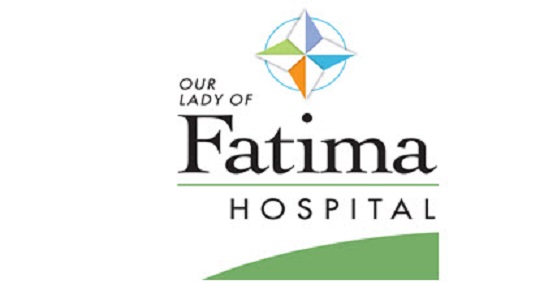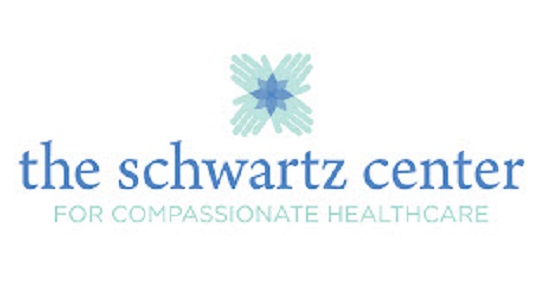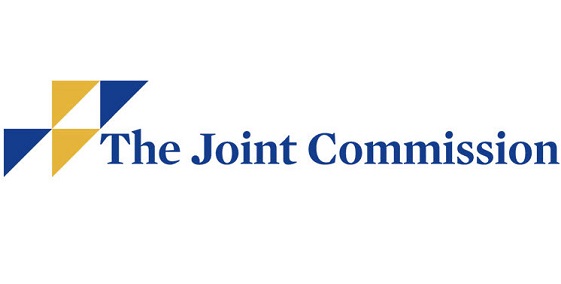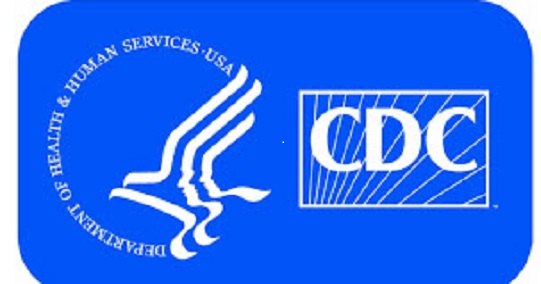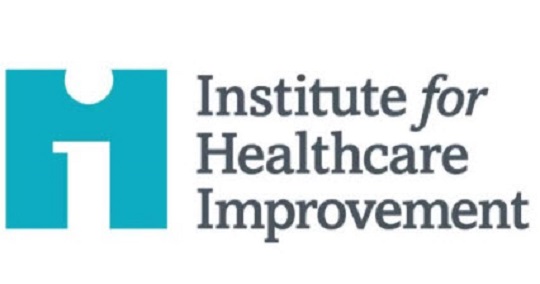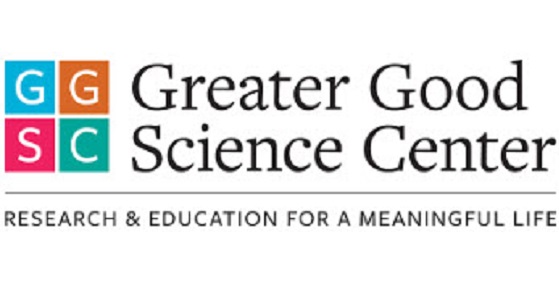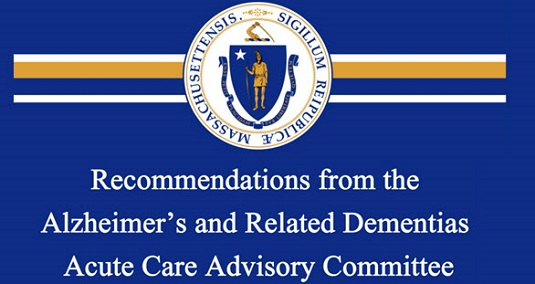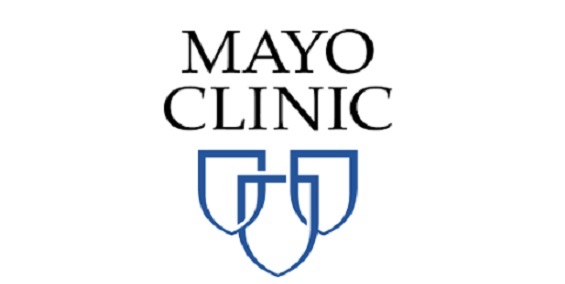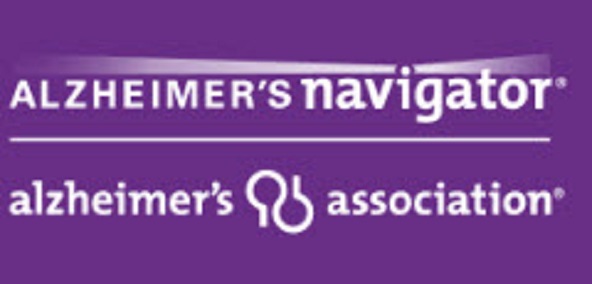Our Lady of Fatima Hospital, Health Care Partners, a 359-bed facility in North Providence, Rhode Island, in April 2015 undertook a pilot program with an orthopedic surgeon in the hopes of decreasing post-operative pain and supporting early mobility.
The hospital added the periarticular multimodal drug injection (PMDI) component to its multimodal analgesia protocol for total hip and knee replacement. PMDI is a mixture of medications usually consisting of ropivacaine, Ketorolac, and adrenaline delivered into the posterior capsule of the knee or hip joint, resulting in better pain relief, less opioid use, larger range of motion, and lower rates of nausea and vomiting. Inadequate pain control following total joint replacement surgery can lead to secondary medical complications such as venous thromboembolic and cardiac events.
Our Lady of Fatima’s departments of anesthesia, orthopedics, pharmacy, rehabilitation, and performance improvement educated staff and clinicians regarding the implications and benefits of PMDI. The hospital’s anesthesia, pharmacy, nursing, and physical therapy units began a collaborative effort to audit patient response to posterior capsule peri-articular local injection for a small sample of total joint replacement patients. They developed an audit tool to collect data on mobility through discharge, pain level prior to physical therapy and with gait, cumulative narcotic use in each patient, post-operative indwelling Foley use, and length of stay.
Over a period five months a total of 27 elective total joint replacement procedures received PMDI. Outcome data was compared to baseline data obtained in a retrospective chart audit which reviewed the same surgeon’s total knee and hip replacement patients one year prior to the pilot study.
The use of local joint anesthetic and spinal anesthesia in conjunction with PMDI resulted in increased mobility, decreased average pain score during physical therapy, and decreased length of stay for both total hip replacement and total knee replacement. The time for “break-through” pain – that is, when an individual experiences spikes of pain that breaks through the coverage provided by the pain reliever – was reduced for total knee replacement, but stayed about the same for hip replacement under the new pain relief protocol.
As a result of this pilot study, the practice of using PMDI has become a standardized process at Our Lady of Fatima Hospital as it has enhanced overall patient satisfaction, pain management and discharge functional status.

